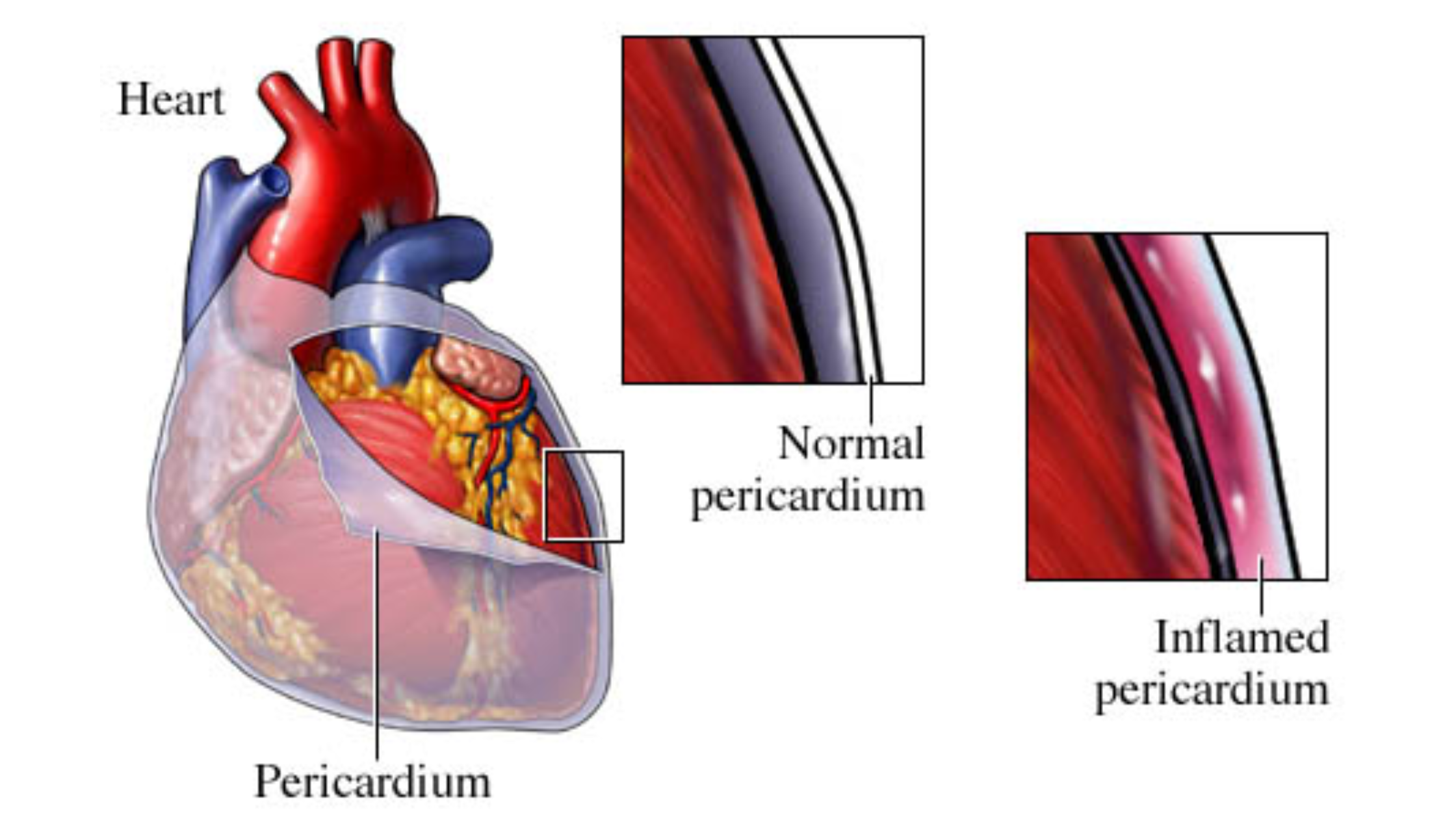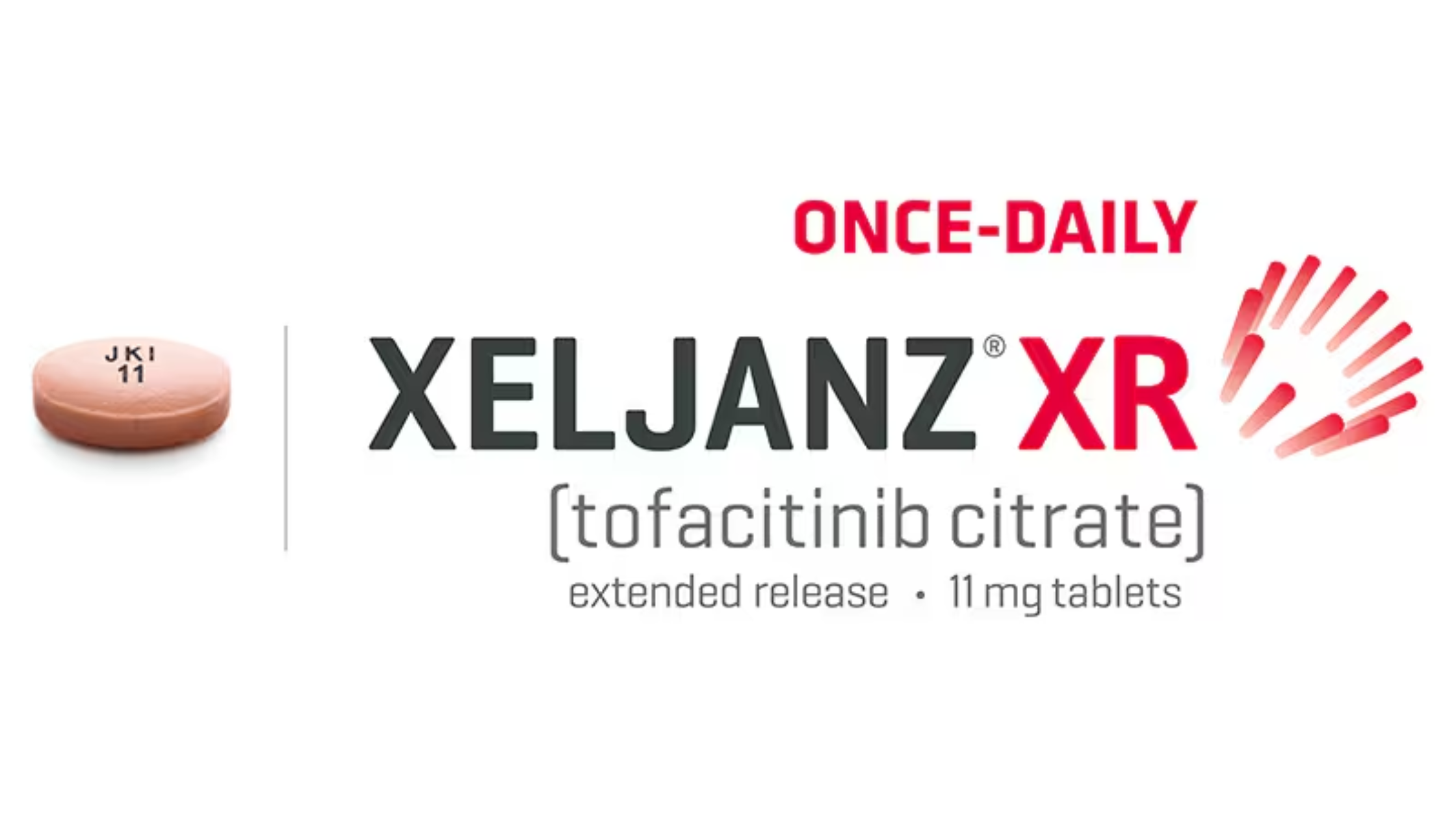Can you take Advil for chest pain? Well here comes my answer but first what is chest pain? Let me explain it briefly first, It may not always be what you think. Chest pain is a symptom that can arise from various causes, ranging from minor discomfort to life-threatening conditions.
It’s important that you recognize that over-the-counter medications like Advil can be effective in relieving pain. This is in contrast to the “Side Effects of Advil” article, which I don’t totally agree with. Advil may not always be the right choice for some forms of chest pain but it’s good for some. In the context below, I will explore the use of Advil for chest pain, its potential benefits and risks, Finally I will provide insights into when you should seek medical attention.
What are the various Types of Chest Pain?
Chest pains can be classified by their cause. These include musculoskeletal issues, gastrointestinal problems, respiratory conditions, and cardiovascular diseases. It is very important to differentiate between different types of chest pain to determine whether Advil is the best solution.
- Musculoskeletal Chest Pain: Muscular strains, rib injuries, or inflammation in the chest wall can cause musculoskeletal chest pain. It is typically localized and worsens with movement or palpation.
- Gastrointestinal Chest Pain: Conditions like heartburn, gastritis, or gastroesophageal reflux disease (GERD) can lead to chest discomfort, often described as a burning sensation.
- Respiratory Chest Pain: Respiratory issues, such as pneumonia, pleuritis, or bronchitis, may cause chest pain.
- Cardiovascular Chest Pain: Chest pain associated with the heart, such as angina or a heart attack, requires immediate medical attention.
Using Advil for Chest Pain
Advil medical brand is a nonsteroidal anti-inflammatory drug (NSAID) that can reduce pain and inflammation. The active pharmaceutical ingredient (API) in Advil is ibuprofen.
- Musculoskeletal Chest Pain: If your chest pain is due to muscle strain or inflammation in the chest wall, Advil may provide relief. Follow the recommended dosages on the label, and if the pain persists, consult a healthcare professional for further evaluation.
- Gastrointestinal Chest Pain: If your chest pain is attributed to acid reflux or heartburn, Advil is not the appropriate choice. Over-the-counter antacids or medications designed for gastrointestinal relief, such as proton pump inhibitors (PPIs), are more suitable.
- Respiratory Chest Pain: Chest pain resulting from your respiratory conditions should be evaluated by a healthcare provider. Advil can help you manage pain to some extent, but addressing the underlying respiratory issue with appropriate medications is crucial.
- Cardiovascular Chest Pain: Chest pain associated with heart issues, such as angina or a heart attack, is a medical emergency. Do not take Advil or any other over-the-counter medication. Make an emergency call or seek immediate medical attention.
Risk Factors of Advil and Precautions
While Advil can provide you with relief from chest pain for certain types of chest pain, it’s essential to be aware of its potential risks and side effects:
- Gastrointestinal Side Effects: NSAIDs like Advil can irritate the stomach lining and increase the risk of ulcers and gastrointestinal bleeding. If you have a history of gastrointestinal issues, consult your healthcare provider before using Advil.
- Cardiovascular Risks: There is some evidence that NSAIDs, including Advil, may increase the risk of cardiovascular events. Individuals with heart conditions should consult a healthcare professional before taking Advil.
- Kidney Function: NSAIDs can affect kidney function, especially when taken in high doses or for extended periods. If you have kidney problems, discuss the use of Advil with your healthcare provider.
- Allergies and Interactions: Be mindful of any allergies or interactions with other medications you may have. Always read the label and consult a healthcare professional if you have concerns.
When Should You Seek Medical Attention?
In most cases, your chest pain warrants medical evaluation, especially when it is severe, prolonged, or accompanied by other concerning symptoms, such as shortness of breath, nausea, or pain radiating to the jaw or arm. If you are unsure about the cause of your chest pain, or if it is severe, I advise you to seek medical attention promptly.
One More Last Thing!
The use of Advil for chest pain depends on the underlying cause. While it can be effective for your musculoskeletal chest pain, it may not be suitable for other types of chest pain you may experience, especially those associated with cardiovascular issues. I always advise people to always consult a healthcare professional if they are unsure about the cause of their chest pain, and be cautious about the potential risks and side effects associated with Advil. In any case of doubt or severe chest pain, prioritize your health and safety by seeking immediate medical attention.



